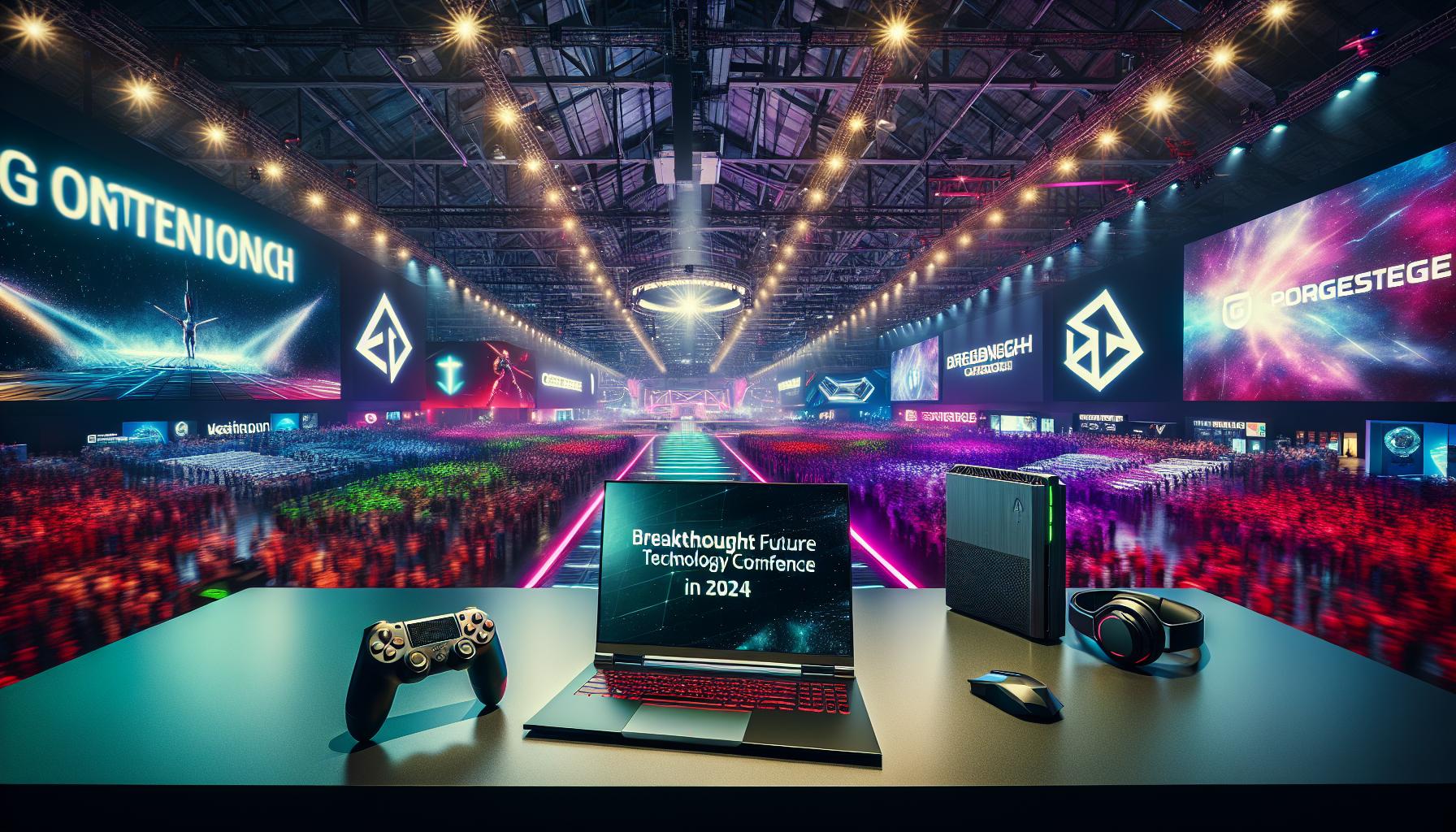Dutch Startup LeydenJar Advances Silicon Anode Manufacturing with €13 Million Funding
LeydenJar, a Netherlands-based battery materials company, has secured €13 million (approximately $15.2 million) in a funding round to accelerate the scale-up of its silicon anode technology. This capital injection, complemented by a €10 million commitment from an undisclosed leading U.S.-based consumer electronics firm, will finance the first phase of the company’s new manufacturing plant, PlantOne, slated to open in Eindhoven in 2027. The investment round was led by Extantia and Invest-NL.
Silicon Anodes Poised to Transform Lithium-Ion Battery Performance
Currently, China dominates global lithium-ion battery production, particularly in the manufacture of graphite anodes. LeydenJar’s silicon anode technology represents a potential disruption to this status quo by offering a substantial increase in energy density. While lithium-ion batteries have seen incremental energy density improvements over the past decade, LeydenJar claims its pure silicon anodes can deliver a 50% enhancement compared to conventional graphite anodes.
Despite silicon’s known advantages, its practical application has been hindered by mechanical challenges. Silicon expands significantly when absorbing lithium ions during charging, causing structural degradation and reduced battery lifespan. LeydenJar addresses this issue using plasma vapor deposition to create spongy silicon columns on a copper substrate. This architecture accommodates the volume changes during charge cycles, improving durability.
Balancing Performance and Longevity
The company reports that its silicon anode structures enable faster charging speeds and lower carbon emissions during production. The technology currently sustains over 450 charge cycles before capacity drops below 80%, marking progress but still short of the approximately 1,000 cycles automotive manufacturers typically require for electric vehicle (EV) batteries.
Strategic Focus on Consumer Electronics with EV Ambitions
LeydenJar is initially targeting the consumer electronics market, following a pathway similar to competitor Sila Nanotechnologies, which introduced silicon anodes for smaller devices before pursuing automotive applications. Transitioning into the EV sector presents significant hurdles, including extensive qualification timelines and the capital-intensive nature of large-scale battery manufacturing.
However, if LeydenJar can demonstrate that its silicon anode technology delivers a meaningful performance advantage without compromising durability or manufacturability, it could attract substantial interest from battery producers and automakers seeking to diversify supply chains and improve battery performance.
Originally reported by Tim De Chant for TechCrunch.
FinOracleAI — Market View
LeydenJar’s successful funding round and upcoming manufacturing facility underscore growing momentum for silicon anode technologies, which have the potential to disrupt current lithium-ion battery supply chains heavily concentrated in China. The technology’s promise of significantly higher energy density and faster charging could appeal to consumer electronics manufacturers initially, with future EV applications representing a sizable market opportunity.
Risks remain regarding the technology’s cycle life and scalability, especially given the stringent durability requirements in the automotive sector. Investors and industry watchers should monitor LeydenJar’s progress in scaling production and improving cycle longevity, as well as any partnerships with major battery or automotive companies.
Impact: positive













